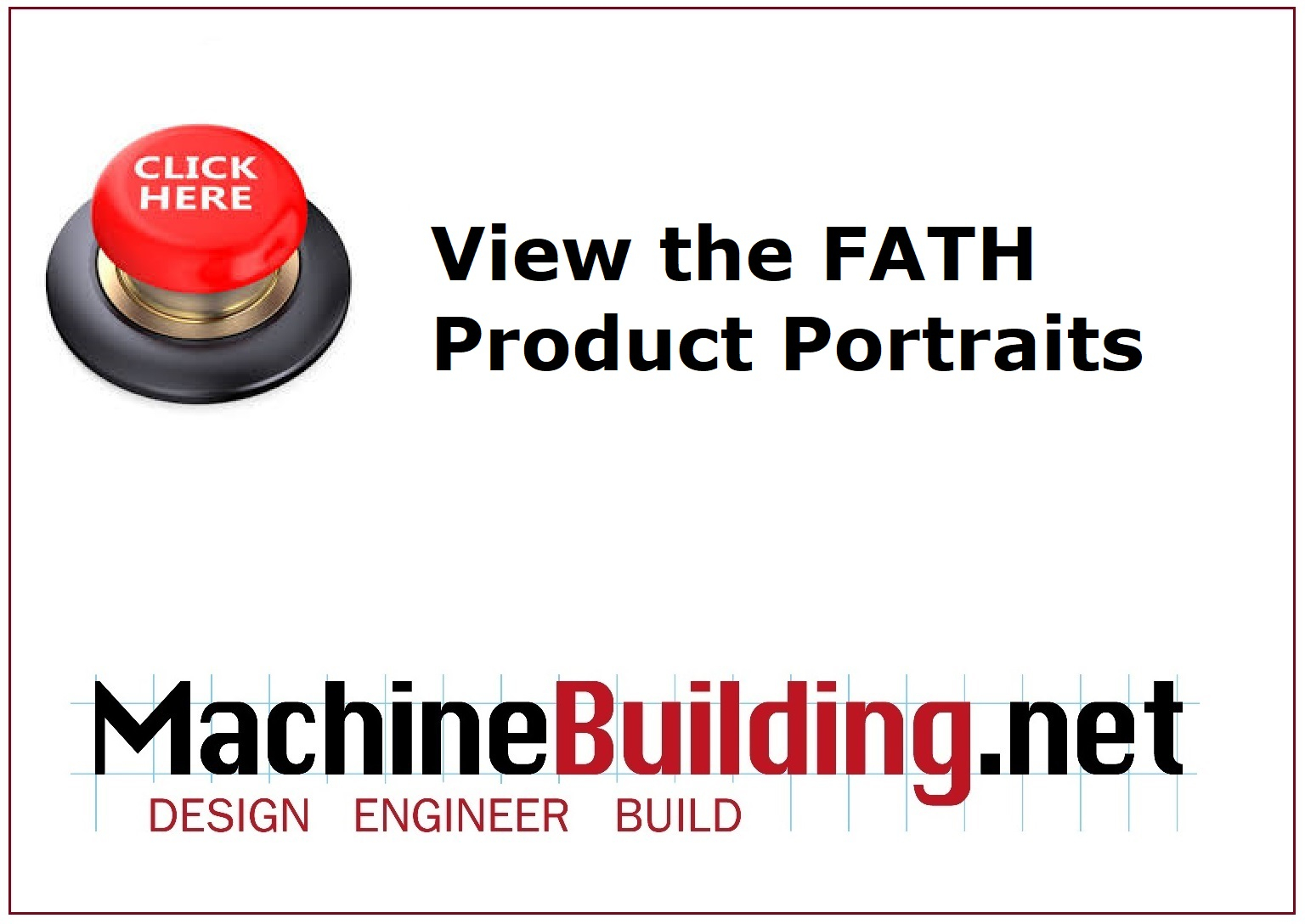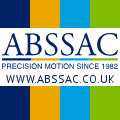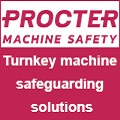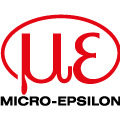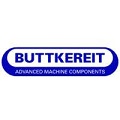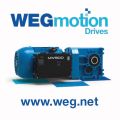
Posted to News on 22nd Jun 2015, 11:14
When should you specify standard, modified and custom gears?
Darren Reynolds, the Gears Product Manager at R.A. Rodriguez (U.K.) Limited, discusses the different situations in which it is appropriate to specify standard, modified and custom gears, particularly in relation to machine building.
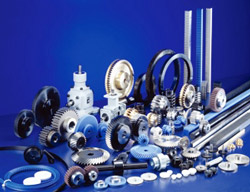
Machine designers can specify from extensive ranges of standard gears, many of which can be purchased online for rapid delivery from stock. Given that these are standard products manufactured in volumes, the prices are very competitive. Selecting standard gears clearly provides advantages in terms of cost and lead time, and it can also simplify maintenance and therefore deliver further savings. However, there are situations in which standard gears are not suitable, hence there is a need for either modified gears based on standard designs, or custom gears that are designed and specified from scratch. This is true for virtually all types of gear, including spur gears, racks, bevel/mitre gears (straight and spiral), screw gears, worm-and-wheel gear sets, helical gears, and internal and external ring gears. [Note that there is a separate article from R.A. Rodriguez (UK) Ltd here, with more information about Specifying standard, modified or customised worm gear sets - Ed.]
Some of the considerations that may lead to the specification of modified or custom gears (also referred to as bespoke gears) are technical performance requirements relating to low vibration (smooth and/or quiet running) and reliability. There will also be applications for which there are simply no standard products available, perhaps because of geometric constraints or the need for non-standard gear ratios.
Applications for standard gears

- Cost is a primary consideration
- Very rapid delivery is essential
- Standard ratios are suitable
- There is sufficient space to accommodate standard gears
If the designer is working on a one-off machine or item of equipment (or only small volumes are planned), it might not be possible to justify the cost of designing, specifying and purchasing modified or custom gears, perhaps to the extent that other aspects of the machine design have to be altered to suit the standard gears. In addition, for some projects it is a basic requirement that only standard components are specified.
Applications for modified gears

Modified gears are typically specified for applications where one or more of the following requirements need to be met:
- Special mounting arrangements are required
- There are particular space constraints
- One-off projects (or those where only small volumes are planned) where the cost of designing, specifying and purchasing custom gears cannot be justified
- Machine designs in which standard ratios and centre distances can be used but other aspects of the gears need adapting to suit particular requirements
Applications for custom gears

One of the choices to be made is the material and, more specifically, the grade. Gears can be manufactured from most resistant materials, depending on the load and performance requirements, ranging from moulded polymers and fabric-reinforced phenolic resin (Tufnol), through to steel alloys, stainless steel, bronzes and aluminium. Polymer gears are restricted to low-load applications in anything from toys to office equipment and automotive components, while stainless steel might be specified for food industry applications where the gears are not enclosed. Each application must be considered on its merits to determine the optimum material, taking into account all relevant factors.
Custom gears might include one or more of the following:
- Bosses, attachment points for adjacent components, integral shafts, clearance undercuts or other geometric features
- Optimised centre distances
- Optimised numbers of teeth to give specific gear ratios
- Optimised dimensions (including diameters, face widths, hub diameters, hub widths and length)
- Reduced weight
- Different gear tooth profiles
- Tighter tolerances to reduce backlash, increase reliability and/or reduce vibration/noise
- Two-part anti-backlash gears (for applications such as turntables and heavy drives)
- Crowned teeth to prevent end contact and reduce noise
- Optimised design to minimise costs in line with the volumes required (this might relate to, for example, material, machining time and surface finish)
- Higher-quality surface finish on teeth faces to reduce friction, increase transmission efficiency and minimise wear
- Compliance with national, international or industry standards
- Heat treatments or other finishes to improve gear performances (including case hardening, nitriding, hot salt quenching, induction hardening, flame hardening, carburizing, tempering and annealing for stress relief)
- Different materials or grades to optimise gear performance (including steel, stainless steel, bronze, aluminium, engineering polymers and reinforced phenolic resin)
Whether a machine builder should opt for standard, modified or custom gears will depend on the specific application requirements. Standard gears are relatively straightforward to specify - though advice is always available if required - and engineers experienced with modified or custom gears can design/specify what they want. However, less experienced engineers are strongly advised to discuss their non-standard requirements with experts from R.A. Rodriguez before getting too far into the design. R.A. Rodriguez can advise on all criteria and application requirements, right from early discussions through to detailed gear design and specification. Furthermore, R.A. Rodriguez also offers NDT (non-destructive testing) and full certification for all industries.
Follow the links to view and buy standard gears online and for more information about modified and custom gears.


